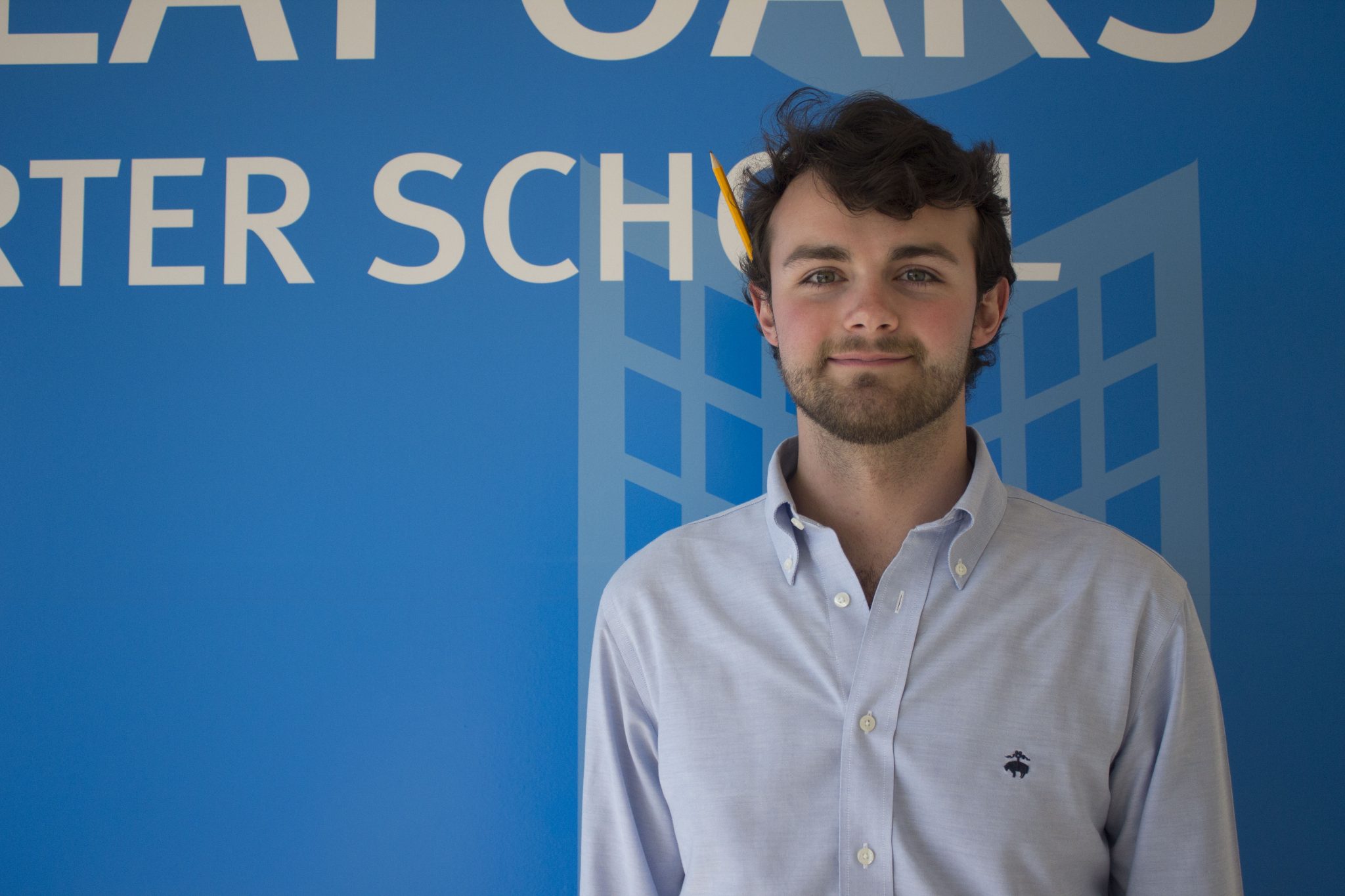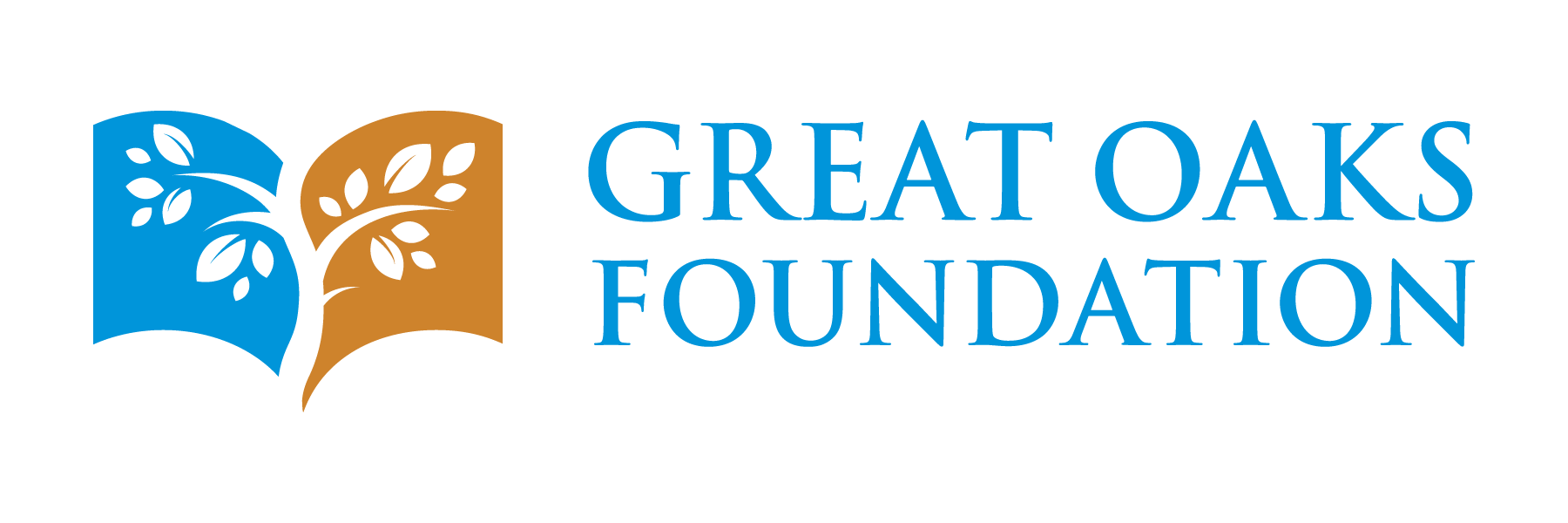
What did you study? Why?
I studied Political Science at Indiana University. I also minored in Spanish and history; I am now a fluent Spanish speaker.
What made you commit to a year of service?
I was really interested in pursuing some form of community service. I’ve worked in politics previously. This is in fact my first job outside of political organizing and I wanted to find a new way to try to connect with marginalized communities and advocate for them, and I wanted to do it in a nonpolitical nonpartisan way. And so this seemed like a really cool way for me to engage communities in need while finding a new way to do it outside of politics before I pursue law school next year.
Is this different from your own educational experiences?
Yes, in many ways it is. I have studied political science and political development in Latin America for many years. I would say the majority of my college years were spent studying Latin American economics. This is a complete departure from that sort of work. With that said, it’s really enriching and it’s expanding my professional skill set massively because of how different and new this type of work is. It is very different, but in a really cool and useful way for me.
How would this model have helped you?
Well, I think a model that’s so intensely college preparatory like that at Great Oaks is really useful. Having that goal in mind from a really young age, particularly middle school, when you’re laying those foundational skills for high school is incredibly useful, particularly for kids who might not have a lot of examples of college graduates or college students in their life. I think that is incredibly, incredibly useful for me. This could have been helpful in that maintaining a level of discipline and focus that Great Oaks strives to is something that I would have found incredibly helpful during middle school. I went to a private middle school that was incredibly progressive and new age and it made me a really unique and creative person, but at times it made high school in a more traditional environment much harder. I think this model really prepare students for high school and college, whereas the model I used didn’t necessarily.
What past experiences helped prepare you for this role?
I would say honestly, the thing that prepared me most for this was life as a middle schooler myself. I find myself thinking of my middle school years every day, all throughout the day, as I’m mentoring students. As I’m interacting with students that I TA or I’m in advisory, I find so many parallels to my middle school experience. Reminding myself of my own personal and academic priorities in middle school has really helped me maintain a positive perspective and positive relationships with the students.
I would say yeah, thinking back to the person I was at 12 or 13 often provides incredibly useful perspectives for this year of service.
What keeps you motivated day in and day out?
I really just want kids to be able to see in me a smiling face and a friendly face that is ready to connect with them, ready to hear them out and ready to defend their interests. That motivation of being that positive face in the hallway, even for students that may not know me well, that’s what keeps me coming back and maintaining those positive relationships even after hard days where I might have to discipline a student or otherwise kind of break that casual relationship. That is what keeps me coming back every day is reestablishing that positive basis of relationships. So that kids really have someone in me that hopefully they can look up to and rely on throughout their day.
What events/interactions have inspired you?
I would say in the past week, there was a specific moment that really inspired me. I had a student in the Spanish class, who stopped and took a moment out of her Spanish class to write a write a really nice note to me about thanking me about all the help that I’d given her in Spanish, particularly one on one. Also thanking me for being a Fellow that she could relate to. That was how she put it, that she could relate to me. That was exactly my goal in being a Fellow; being someone that’s relatable and can be relied upon by the students. Her taking time out of her day to say that specifically to me was insanely cool and really inspired me. It meant that I was doing the right thing.
What are your plans post AmeriCorps?
My plans after Americorps are law school. I’ve already taken the LSAT this fall. I’ve been accepted by several law schools and I plan to use law to a connect the United States to Latin American economies to help Latin Americans in the United States invest securely, particularly in real estate investments. My ultimate goal is law school.
How would you like to see the Fellowship program grow? How would you like to see the school grow?
I would like to see the school grow into a high school that maintains the same focus on college preparatory skills. However, I think there can be an even greater emphasis on making sure that we have mentors and staff members that are trained to handle the specific behavioral situations of our students in more specific ways. I think that that is the biggest challenge for me that I’ve experienced so far. So if there was one area of growth that I could hope for, it’s adjusting new fellows and staff members more quickly, maybe through professional development or on-site training, in how to engage students who come from different behavioral environments and different school models. That’s something I’ve found challenging and I hope that we’ll be focused on in the future.

